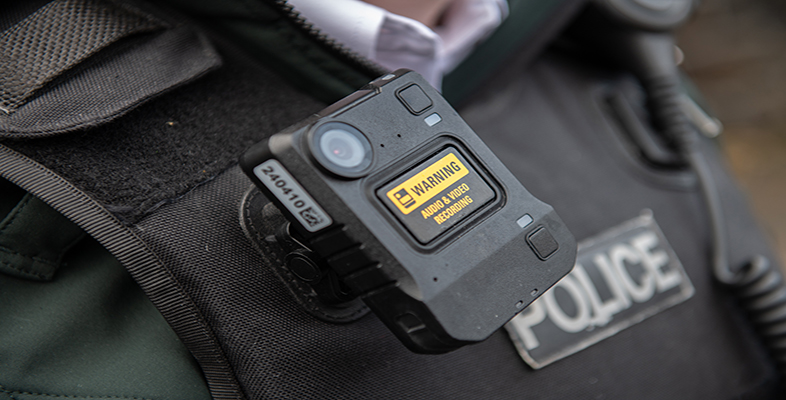5.2 Sources of bias
Various forms of cognitive bias can impact the way in which people seek and interpret evidence. If biases are not managed carefully, they may ultimately impact on both the decision-making process itself and the quality of decisions made, as well as on the powers utilised in the framing and implementation of policy.
There are six commonly held sources of cognitive bias which hamper evidence-based decision making:
- Confirmation bias – the tendency to search for and interpret information consistent with our existing beliefs.
- Availability heuristic – the tendency to overestimate the likelihood of an event happening based on our most recent memory of it or something similar happening. If we can remember something easily, its importance is heightened.
- Hindsight bias – the tendency to see past events as being more predictable than they were before the event occurred.
- Anchoring effect – the tendency to over-emphasise or over-rely on a single piece of evidence.
- Framing effect – the tendency to draw different conclusions from the same information presented in different ways (e.g. if a food is ‘85% fat free’ or contains ‘15% fat’).
- Meta-cognitive bias – this is the tendency to believe that although others may suffer from bias, we are immune from it.
